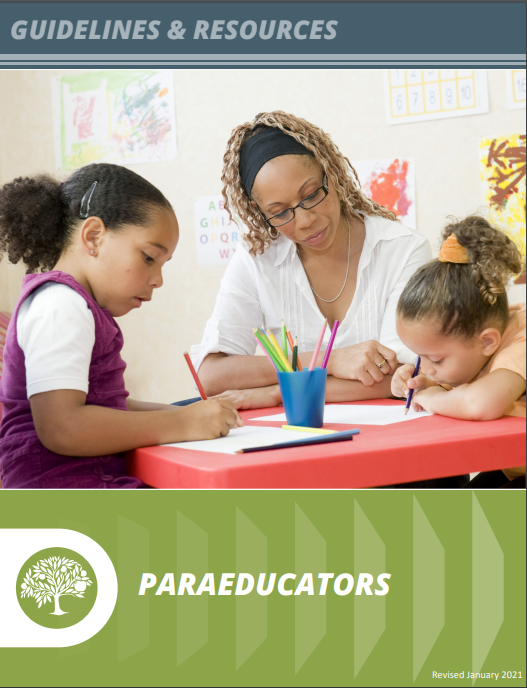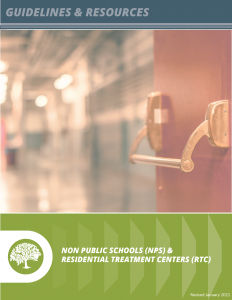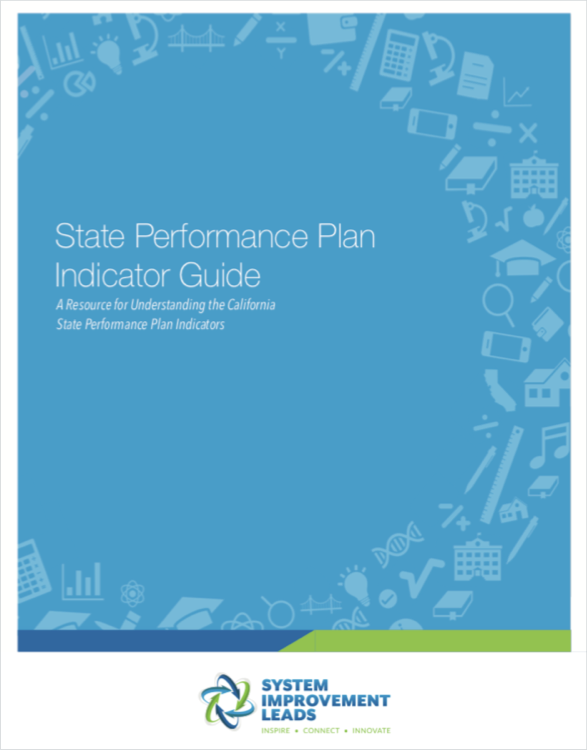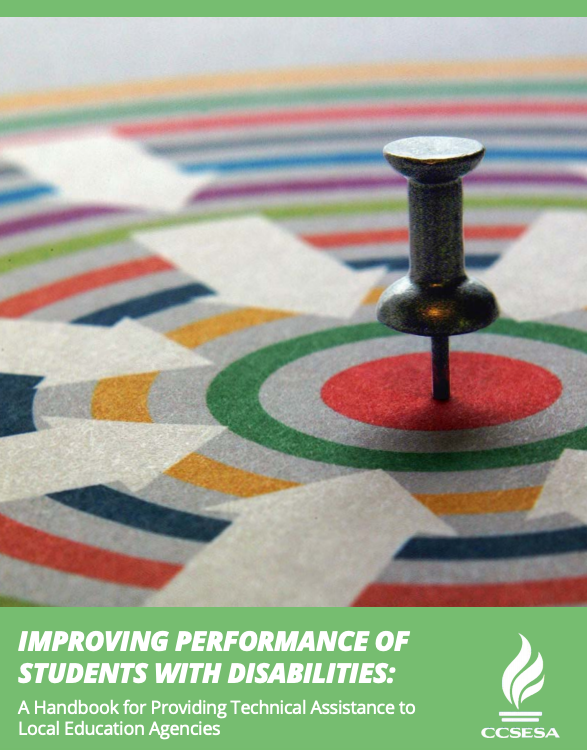The SELPA Statewide Assessment Spotlight provides commonly used resources located on the California Department of Education’s website. Use this section to navigate content from the California Department of Education regarding the California Assessment of Student Performance and Progress (CAASPP) in English Language Arts and Math, the California Science Test (CAST), the California Alternate Assessment, Interim Assessments, Formative assessment tools from the digital library, and information on other statewide assessments including the English Language Proficiency Assessments of California (ELPAC) and Physical Fitness Test (PFT).




